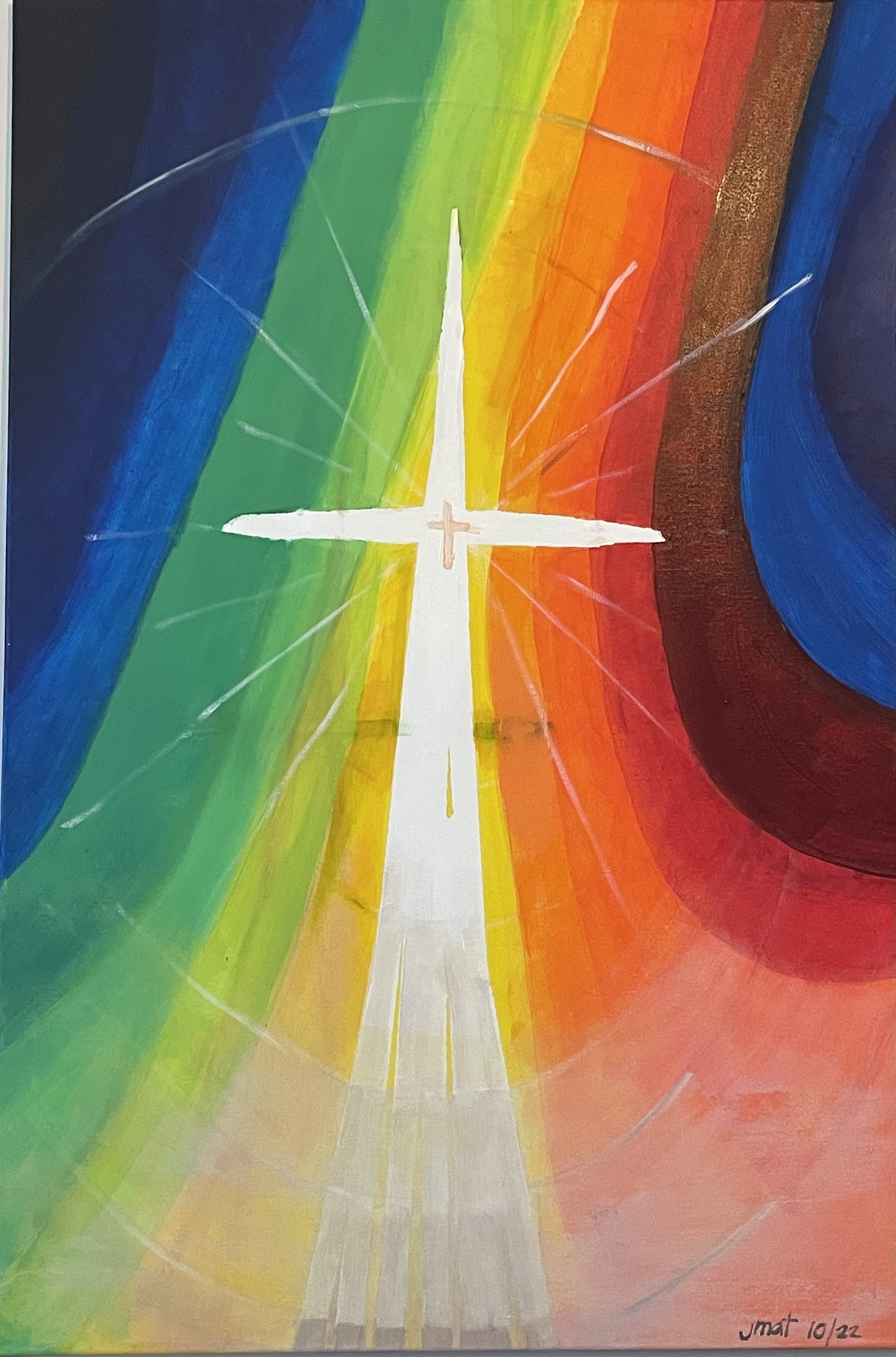Twenty-Fifth Sunday in Ordinary Time
“Are you envious because I am generous?” Mt. 20:16
Our usual answer to the above question asked by the landowner at the end of this Gospel story is an impassioned “You bet I am.”
The reason is simple:
It’s not fair.
Why should those hired at the end of the day receive the same wage as those who have toiled from the beginning?
It’s not fair.
But, when you stop to think about it, is this “prodigal employer” story really all that different from Luke’s incomparable “prodigal son” story?
When the two stories are looked at closely, the only real difference is that in the first tale it’s the elder son who angrily complains. His envious criticism, though, turns out to be the very same one we hear in today’s Gospel reading:
It’s not fair.
The point to both stories is identical:
God’s unfathomable, immeasurable generosity.
In Luke’s prodigal son story, for example, the main character is the father. Here it’s the landowner. Each represents the Gracious Mystery that we call God.
Both tales also remind me of writer Flannery O’Connor, and her short story entitled “Revelation.”
In “Revelation” O’Connor describes a character named Ruby Turpin, a pious lady who was very proud of her virtuous life. But, while sitting in the waiting room of a doctor’s office, she has a violent encounter with a young woman.
In the process, Mrs. Turpin is confronted with her own smug and condescending manner in terms of the way she sees the world and all those around her.
The story ends with her gazing into the sky while working on her farm. In the sky she sees a vision: a long line of people dancing into heaven. What shocks her is that this group is being led by people that she had always considered beneath her.
Now she sees that the last really were first!
This was her “revelation.”
The landowner in today’s Gospel confronts the workers – and each of us – with our own limited understanding of God and how radically lavish his love for each of us is.
Jesus is inviting each one of us to consider carefully the core values that are the true nature of God:
Generosity. Mercy. Love.
In her collected letters, the author of the “Revelation” story addresses how disquieting and upsetting the action of God’s radical grace is, and the significant inner adjustments it requires of each of us.
Here is O’Connor’s comment:
“All human nature vigorously resists grace because grace changes us, and the change is painful.”
One of the powerful things grace does in this story is challenge our perspective – our angle of vision. Grace tells us that there is another way of looking at things.
In other words, it tells us that we need to see differently.
Perhaps the best way to do that is to start looking from the perspective of the back of the line, instead of the front.
From the back of the line, we can begin to see something that we may have missed when we’re up front and blinded by our own self-importance.
From the back of the line, we experience the very best way to know how infinitely gracious our God is:
Watching his generosity being poured out on others, especially the wretched of this world.
Standing up front, we smugly think of ourselves as the ones who are owed, the ones who have earned the prize, the ones who deserve the reward.
Just like the elder son in the prodigal son story.
But when we stand in the back, we can begin to see, as Isaiah reminds us in today’s first reading, that “your ways are not my ways, says the Lord.”
And as we start to see how God lavishes his generosity on others, we can begin to let go of the sin of envy.
From the back of the line, we can then initiate that process of replacing our smallness with the gigantic spirit of God’s radical grace!
And it all starts with a simple question:
“Are you envious because I am generous?”
Ted Wolgamot, Psy.D.








